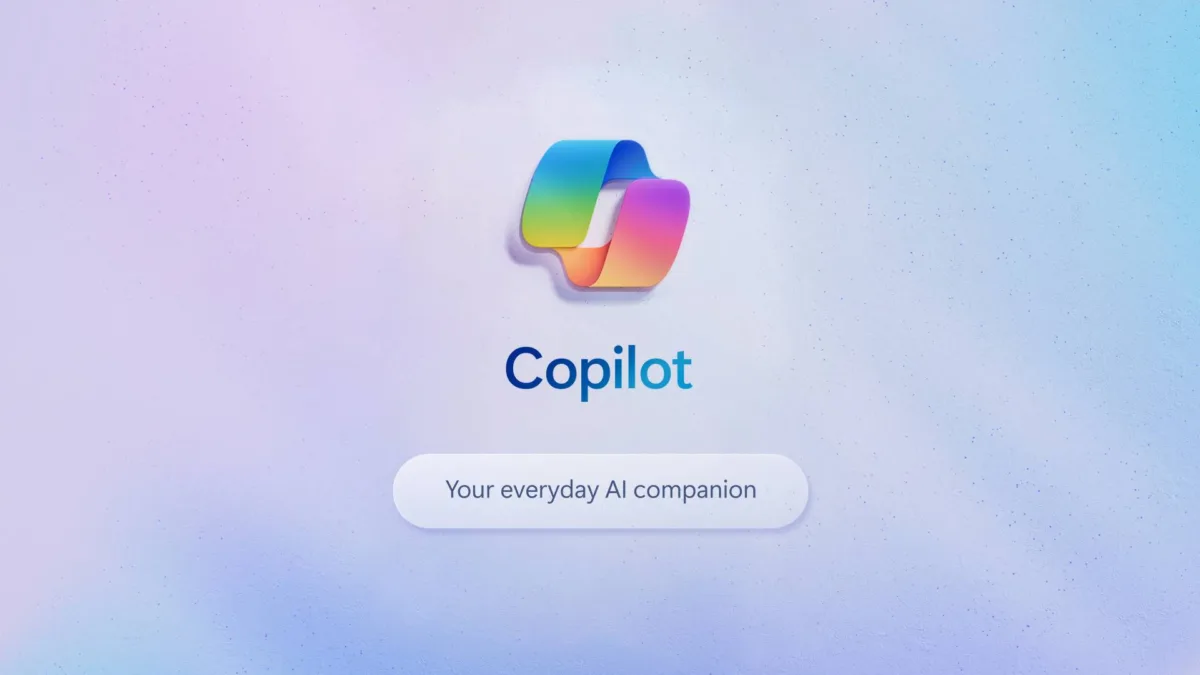Microsoft has expanded the accessibility of its cutting-edge AI chatbot, Copilot, by integrating it into iOS and iPadOS following its recent release on Android. This move broadens the user base, allowing more individuals to harness the power of AI.

The Copilot app on iPhone mirrors the functionality of OpenAI’s ChatGPT smartphone app. It offers iOS users seamless access to Microsoft Copilot, formerly known as Bing Chat. The app facilitates effortless email composition, inquiries, and text summarization, positioning itself as a versatile AI assistance tool. Notably, it integrates with the text-to-image generator DALL-E3, empowering users to generate images directly within the app. Recently, the app also gained support for creating AI-generated music using Suno.
What sets Copilot apart is its utilization of GPT-4, the latest large-language model from OpenAI, providing a significant advantage over other AI messengers. This strategic move includes rebranding Bing Chat to Copilot, aligning with the goal of delivering a standalone experience similar to ChatGPT. This repositioning signals a commitment to offering users a unique and dedicated interaction platform.
Microsoft goes a step further by introducing a separate web experience for Copilot, emphasizing its standalone nature and distinguishing it from Bing.
The Copilot app is now available for download on the Apple App Store, marking a milestone in Microsoft’s quest to provide advanced AI solutions across various platforms. Users can experience Copilot’s AI assistance, text-to-image integration, and the enhanced capabilities of GPT-4 directly on their iOS devices.









